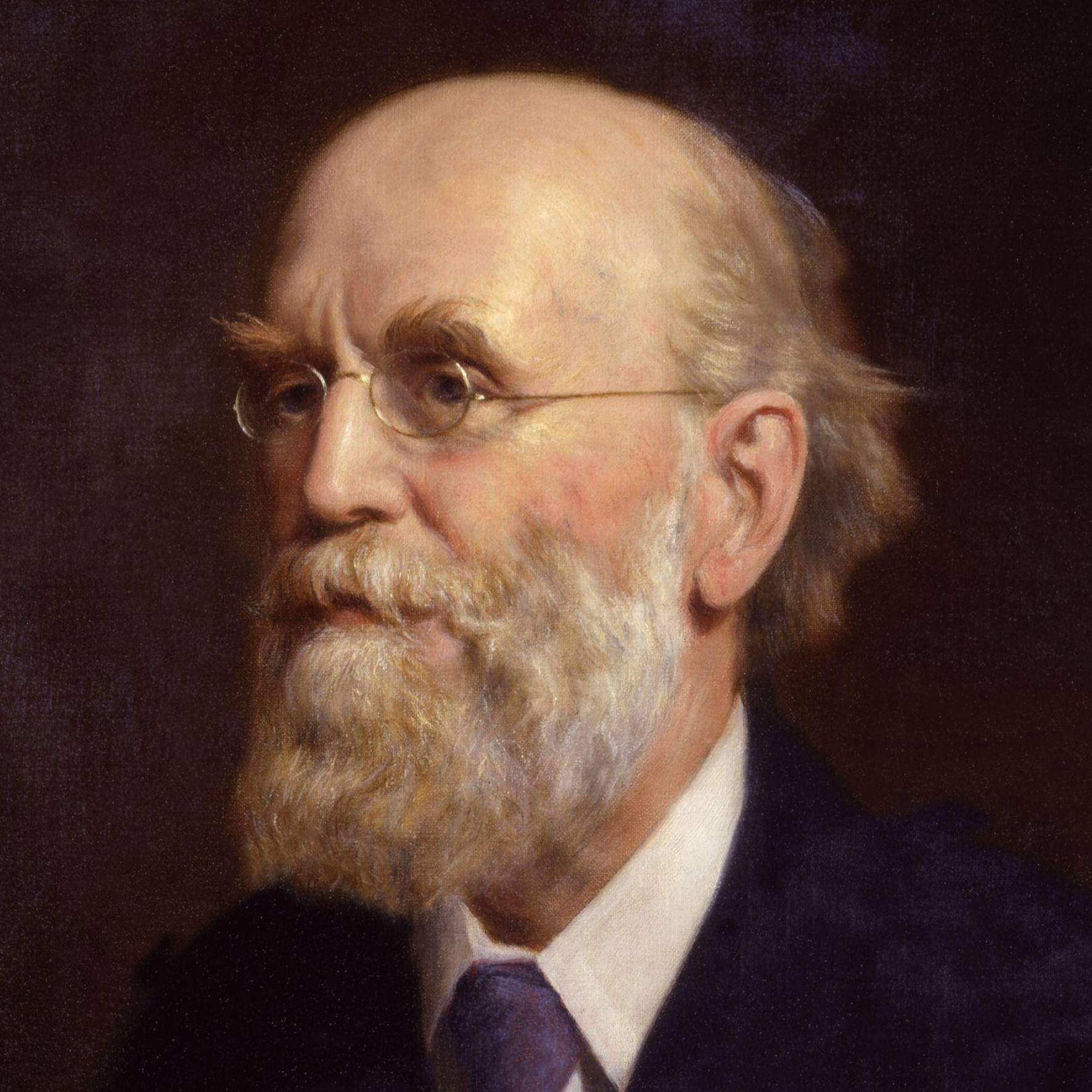I found this remarkable, unsigned article in the Leeds Times:
Passive Resistance.
We have been informed that large numbers of the working classes of several districts, have come to the determination of going to gaol rather than serve, if drawn for the militia!
Here is a suggestion which contains in it the germ of a tremendous moral power, — before which, if generally acted on, no bad Government could stand.
Suppose that the people generally, or even a large minority of the people, determine, as the members of the Society of Friends have long ago done — to go to gaol rather than bear arms, — and what is the consequence!
That the physical force arm of the Government is paralysed, and it must then either govern by public opinion, or go quietly out of existence.
Fancy our gaols filled with men — torn from their wives and families, and from their industrial avocations, — because they will not fight — because they are wiser than their governors — because they are better Christians.
In the early ages of Christianity, when its spirit was fresh, men refused to bear arms, — they refused to fight for any master — because they were Christians.
It would, indeed, be something to live in a time when the working classes were too enlightened to go to war for the benefit of the governing classes.
But suppose the principle were carried out.
Suppose the working classes refused to enlist.
The reign of oppression, of injustice, of monopoly, of fraud, and of wrong, would at once be brought an end!
It is because the people have been so ready to hire themselves out to force one another to submit to injustice, that they have so long been oppressed.
Every wrong is maintained by brute force.
If the people refuse to supply the brute force, the wrong would perish.
By passive resistance — by perseveringly refusing to aid or abet the government in its plans of coercion, the whole machinery of oppression would at once fall to pieces.
It is because they have been ready to sell themselves to their oppressors, that the people have so long been oppressed.
It is not possible to force resolute people to obey an unjust law, if they be determined passively to resist it.
It is not possible to force a people who use no force.
Passive resistance to bad laws has already effected much; but it is able to effect very much more.
The Irish people got rid of tithes and vestry cess, simply by refusing to pay them.
They resisted passively, and no force that could be employed against them, had the slightest effect.
Passive resistance triumphed.
In most of our large towns, church rates have been put down by the same means.
The people have gone to gaol sooner than pay them, and the tax became so obnoxious that it could not be levied.
Passive resistance gained a triumph.
The Quakers, Moravians, and Separatists, have got rid of oaths, by simply refusing to take them.
By passive resistance to a bad law, they overcame it.
And if men, because of a principle, have refused to take oaths, and to pay tithes and church-rates, — and by refusing, have overcome the law; — how much more would all men be justified in refusing to take up arms, for the purpose of mangling and destroying their fellow-creatures, and prolonging the sway of brute force, of physical outrage, of tyranny and oppression of the very worst kind.
Passive resistance could put down the militia law; and not only that, but every other bad law.
The people have only to resolve not to support a law, and to go about their business quietly, just as if no such law were in existence, at once to put an end to it.
By simple passive resistance, the most oppressive and tyrannous government that exists, can, without violence, be stript of every shred of its power, and reduced to utter impotency.
In passive resistance, the people have an enormous, an irresistible power, — did they but know it.
’Twere full time that they did.

